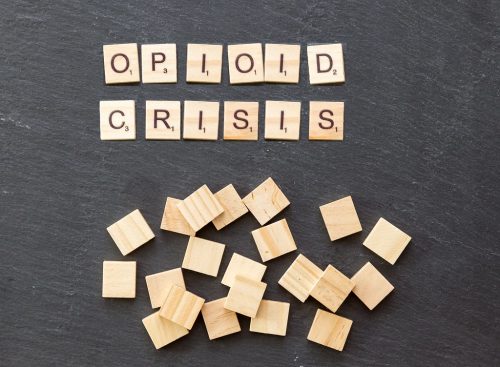
Florida Legislature has taken active measures to control the Opioid epidemic with the enactment of House Bill 451 (HB451). House Bill 451 amends Florida Statute 456.44 Controlled substance prescribing.
The Florida Senate summary of HB 451 states that:
The bill amends s. 456.44, F.S., to establish legislative findings that every competent adult has the right of self-determination regarding healthcare decisions, including the right to refuse treatment with a Schedule II opioid controlled substance.
The bill requires the Department of Health (DOH) to develop and publish on its website an educational pamphlet regarding the use of nonopioid alternatives for the treatment of pain. The pamphlet must include:
- Information on available nonopioid alternatives for the treatment of pain, including nonopioid medicinal drugs or drug products and nonpharmacological therapies; and
- The advantages and disadvantages of the use of nonopioid alternatives.
Additionally, the bill requires a health care practitioner, except a health care practitioner licensed under ch. 465, F.S., (the practice of pharmacy), prior to providing anesthesia or ordering, administering, dispensing or prescribing a Schedule II opioid drug to a patient in a nonemergency situation, to:
- Inform the patient of available nonopioid alternatives for the treatment of pain, which may include nonopioid medicinal drugs or drug products, interventional procedures or treatments, acupuncture, chiropractic treatments, massage therapy, physical therapy, occupational therapy, or any other appropriate therapy as determined by the health care practitioner;
- Discuss the advantages and disadvantages of the use of nonopioid alternatives, including whether the patient is at a high risk of, or has a history of, controlled substance abuse or misuse and the patient’s personal preferences;
- Provide the patient with the educational pamphlet developed by the DOH; and
- Document the nonopioid alternatives considered in the patient’s record.
Recommendations
HB 451 becomes effective July 1st, 2019 and the recommended plan of action from Taino Consultants is as follows:
- Inform the patient and document discussion in the patient medical record. A sample template of such discussion may be:
Discussed advantages and disadvantages of nonopioid alternatives with patient. Treatment alternatives discussed include but were not limited to nonopioid medicinal drugs or drug products, interventional procedures and/or treatments, acupuncture, chiropractic treatments, massage therapy, physical therapy and occupational therapy. Patient was given Department of Health (DOH) brochure and questions about the same were addressed.
- Provide patient with DOH brochure.
We do expect to see additional initiatives in the future but the key is to stay tuned to ensure these new efforts do not take you by surprise.
